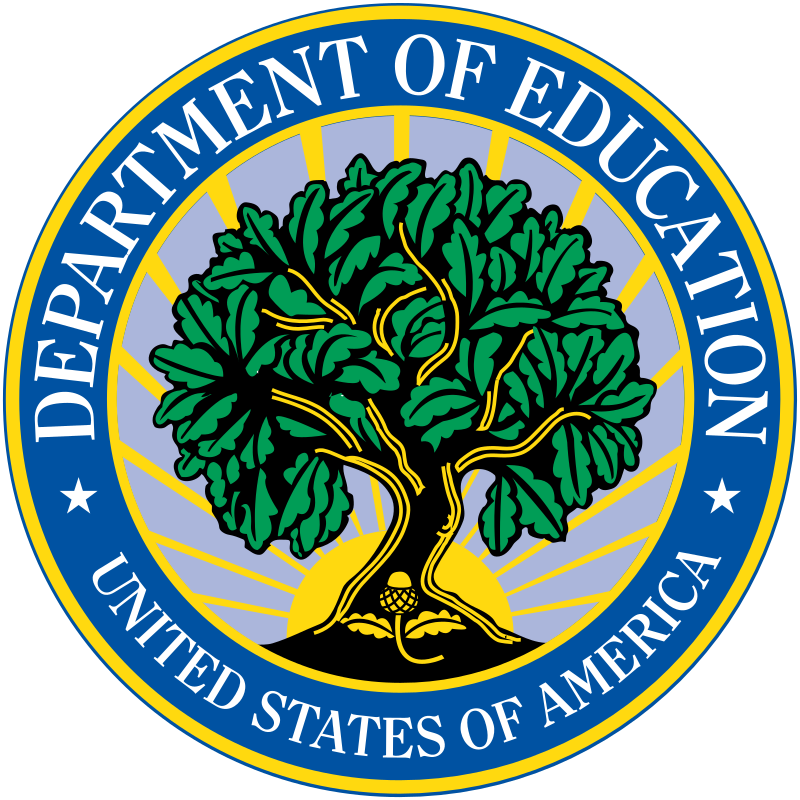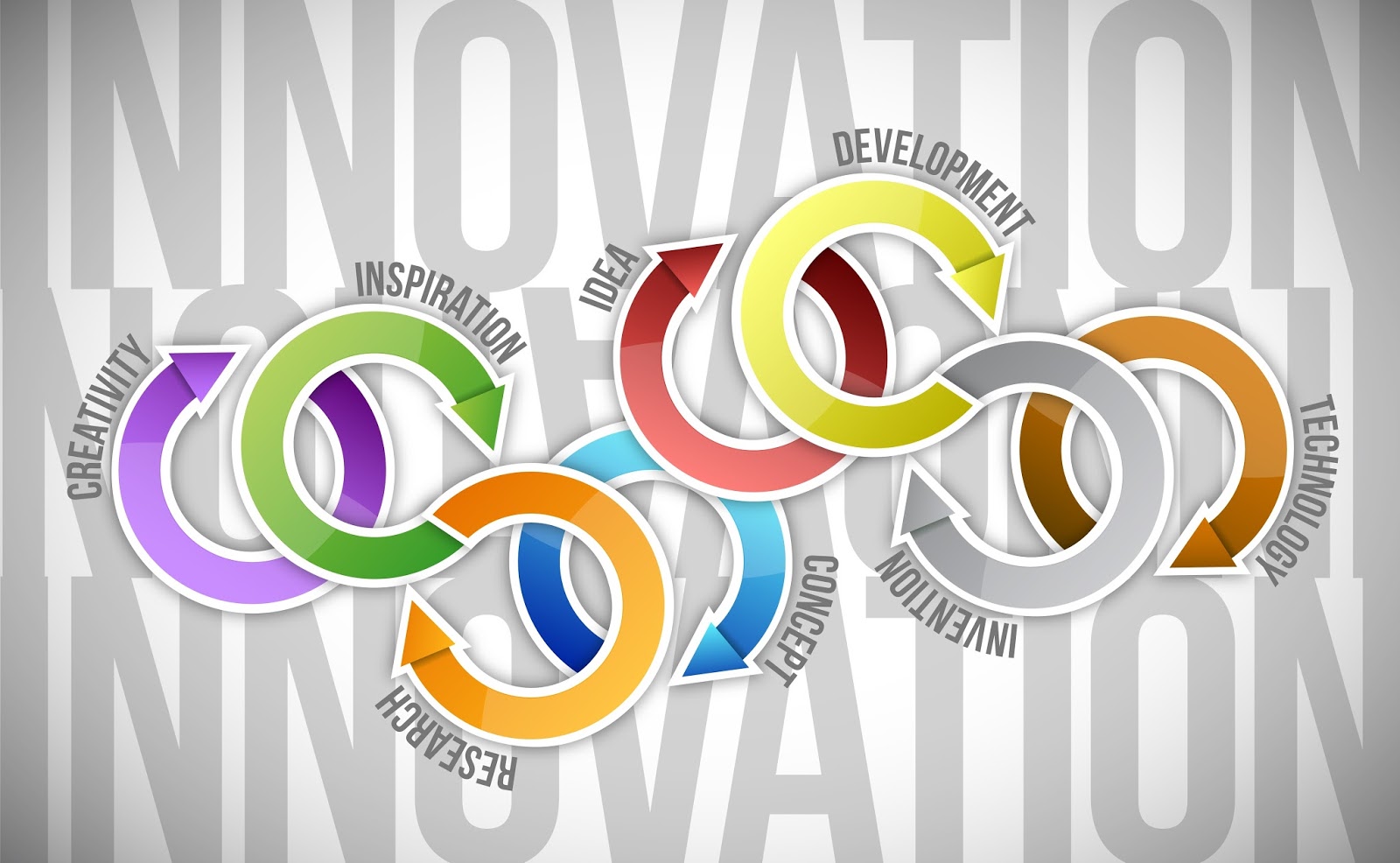28 Apr Federal Agency Series: Department of Education
Posted at 12:24h
in Competency Eight, Competency One, Courses, Federal Grants, Funding, GPCI Competencies, Grant Writing, How-To, Julie Assel, GPC, Research, Uncategorized
DOE - Department of Education Session 3 of the Federal Agency Series Enroll Now In this session, we will educate the participants in the core mission, principles, and strategic priorities the DOE works by, their budget, and what that budget aims to address in national priorities. We'll then...






